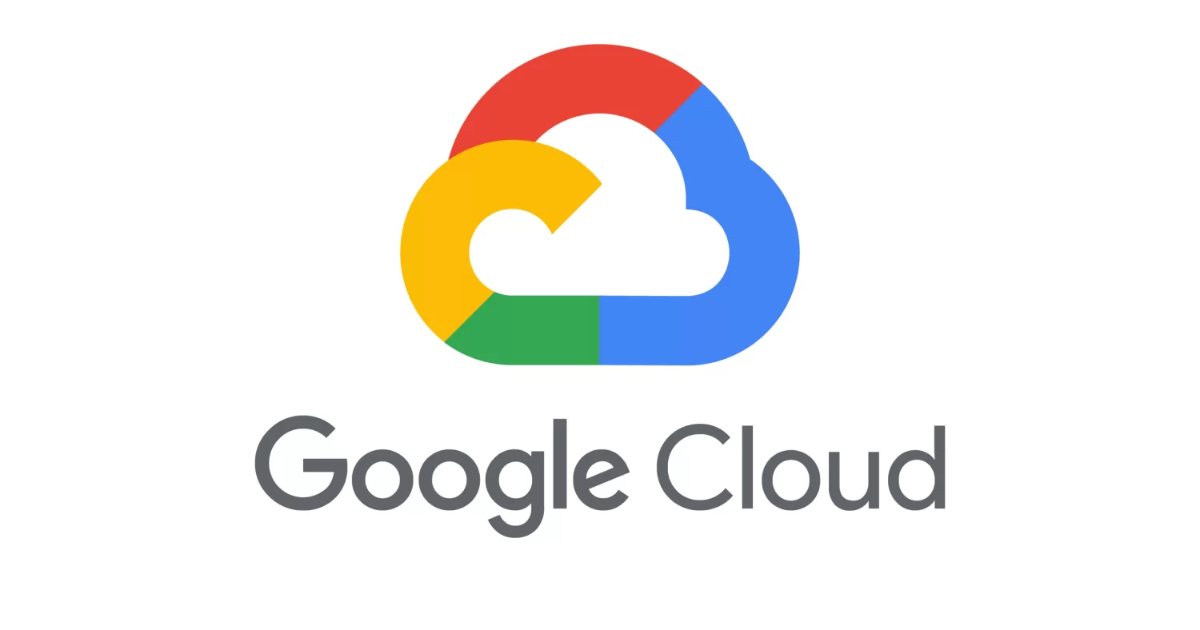
"As Michael Santoro put it, anyone who has worked with LLMs knows the pain: teams experiment in one console, save prompts elsewhere, and measure results inconsistently. LLM-Evalkit pulls these efforts into a single, coherent environment - a place where prompts can be created, tested, versioned, and compared side by side. By keeping a shared record of changes, teams can finally track what's improving performance instead of relying on memory or spreadsheets."
"The kit's philosophy is straightforward: stop guessing, start measuring. Instead of asking which prompt "feels" better, users define a specific task, assemble a representative dataset, and evaluate outputs using objective metrics. The framework makes each improvement quantifiable, turning intuition into evidence. This approach integrates seamlessly with existing Google Cloud workflows. Built on Vertex AI SDKs and connected to Google's evaluation tools, LLM-Evalkit establishes a structured feedback loop between experimentation and performance tracking."
"At the same time, Google designed the framework to be inclusive. With its no-code interface, LLM-Evalkit makes prompt engineering accessible to a wider range of professionals - from developers and data scientists to product managers and UX writers. By reducing technical barriers, it encourages faster iteration and closer collaboration between technical and non-technical team members, turning prompt design into a truly cross-disciplinary effort."
LLM-Evalkit is an open-source framework built on Vertex AI SDKs that centralizes prompt creation, testing, versioning, and comparison within a unified workflow. The framework replaces fragmented prompt storage and inconsistent measurement with a shared record that enables teams to track changes and quantify improvements. Users define tasks, assemble representative datasets, and evaluate outputs with objective metrics to convert intuition into evidence. Integration with Google Cloud and evaluation tools creates a structured feedback loop for experimentation and performance tracking. A no-code interface broadens access to developers, data scientists, product managers, and UX writers, encouraging faster iteration and cross-disciplinary collaboration.
Read at InfoQ
Unable to calculate read time
Collection
[
|
...
]